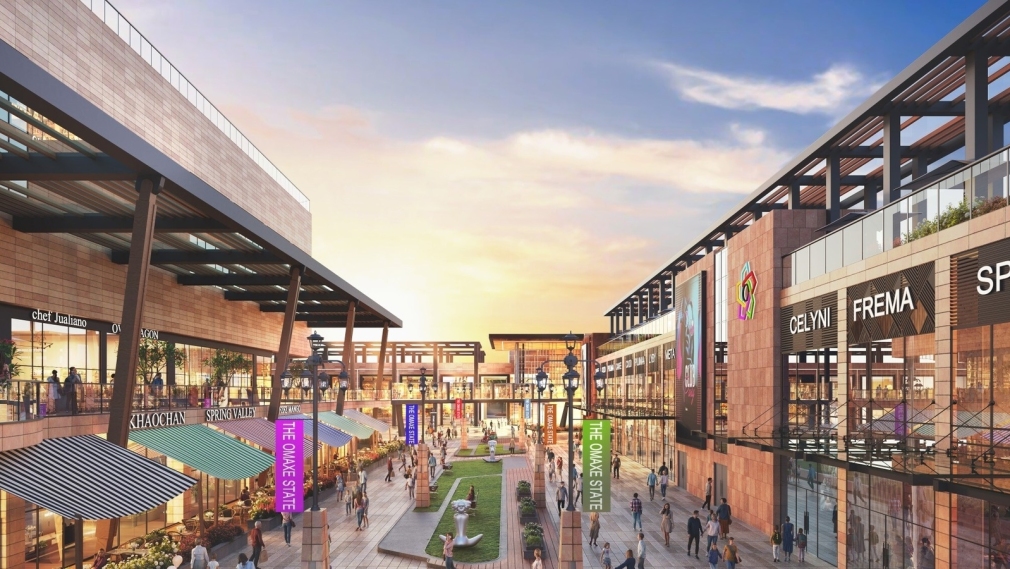Buying a home is one of the most cherished dreams for individuals and families across the country. A home is not just a shelter; it represents comfort, security, and a sense of belonging. With rapid urbanization, expanding infrastructure, and a wide range of housing choices, residential properties in India have evolved to cater to diverse needs, lifestyles, and budgets. From luxurious apartments in metropolitan cities to affordable housing in emerging towns, the Indian real estate sector offers something for everyone.
This guide will help you understand the critical aspects of finding your dream home, from choosing the right location to evaluating property types, financing, and long-term investment potential.
1. Understanding Your Needs and Preferences
Before diving into property listings, it’s essential to assess your requirements:
- Family Size: A bachelor might prefer a studio or 1BHK, while a joint family may need a spacious villa or 3BHK apartment.
- Lifestyle: Professionals often look for homes near business hubs, while retirees may prefer serene surroundings.
- Amenities: Modern buyers value facilities like gyms, swimming pools, landscaped gardens, and security systems.
Clearly defining your needs narrows down options and prevents confusion during the selection process.
2. Choosing the Right Location
Location plays a decisive role in determining the convenience and long-term value of your home. Consider the following factors when selecting a locality:
- Proximity to Workplaces: Cutting down on commute time enhances your work-life balance.
- Educational Institutions: For families, easy access to schools and colleges is crucial.
- Healthcare: Hospitals and clinics nearby offer peace of mind in emergencies.
- Connectivity: Well-connected areas with metro stations, highways, and public transport make commuting smoother.
- Future Development: Investing in locations with upcoming infrastructure projects increases property value over time.
Cities like Delhi-NCR, Bengaluru, Pune, Hyderabad, and emerging tier-2 towns are witnessing robust residential growth.
3. Exploring Property Types
The Indian real estate market provides a wide range of residential property types to suit various lifestyles:
- Apartments: Ideal for nuclear families and professionals, apartments offer community living with shared amenities.
- Villas & Independent Houses: Best for those seeking privacy and spacious layouts.
- Townships: Integrated projects that combine housing, shopping complexes, schools, and healthcare facilities.
- Affordable Housing: Designed for budget-conscious buyers, supported by government initiatives like PMAY (Pradhan Mantri Awas Yojana).
Understanding these options helps align your purchase with both lifestyle needs and financial capacity.
4. Budgeting and Financing
Buying a home is a significant financial commitment. Here are some steps to manage it wisely:
- Set a Realistic Budget: Factor in not only the property price but also registration charges, taxes, and maintenance costs.
- Check Home Loan Eligibility: Most banks and financial institutions provide easy financing, but it’s essential to compare interest rates.
- Government Schemes: Explore subsidies and tax benefits available under housing schemes.
- Emergency Fund: Always keep a buffer to handle unforeseen expenses.
Proper financial planning ensures that your dream home doesn’t become a financial burden.
5. Evaluating Builders and Developers
The credibility of the builder is a key determinant in ensuring timely possession and quality construction. Trusted developers focus on transparency, customer satisfaction, and adherence to RERA (Real Estate Regulatory Authority) guidelines. For instance, Omaxe has built a reputation as a leading real estate company delivering residential and commercial projects across India, known for reliability and innovation.
6. Legal and Regulatory Considerations
Legal due diligence is a crucial step before finalizing your purchase. Ensure that:
- The property has a clear title and is free from disputes.
- All approvals from municipal authorities are in place.
- The project is registered under RERA, guaranteeing transparency.
- Payment plans, possession dates, and buyer agreements are clear and documented.
Seeking guidance from a legal expert minimizes risks and protects your investment.
7. Importance of Amenities and Infrastructure
Modern homebuyers no longer see housing as just four walls. Amenities play a huge role in enhancing lifestyle. Look for:
- Safety Features: 24×7 security, CCTV surveillance, gated community access.
- Leisure & Wellness: Gym, swimming pool, yoga areas, sports facilities.
- Green Spaces: Parks and landscaped gardens for a refreshing environment.
- Smart Facilities: Energy-efficient systems, digital access, and Wi-Fi-enabled spaces.
These elements not only improve daily living but also increase resale value.
8. Long-Term Investment Potential
A home is both a personal milestone and an asset. To ensure long-term returns, evaluate:
- Location growth prospects.
- Rental demand in the area.
- Quality of construction and builder reputation.
- Market trends in property appreciation.
Buying a home in a well-planned township or a high-demand urban location often guarantees stable returns.
9. Tips for First-Time Homebuyers
- Don’t rush; research thoroughly before finalizing.
- Visit the property site to check quality and progress.
- Compare at least 3–4 options before deciding.
- Read the fine print in agreements.
- Balance aspirations with affordability.
These small but critical steps make the home-buying journey smoother.
Final Thoughts
Finding your dream home in India requires careful consideration of needs, location, budget, and developer credibility. With increasing urban development, innovative housing projects, and supportive government policies, the real estate market is filled with opportunities for buyers. By focusing on long-term value and quality of life, you can make a wise investment that secures your family’s future. Whether you are a first-time buyer or looking to upgrade, India’s residential real estate offers choices that blend affordability with modern living.
FAQs
What factors should I consider before buying residential properties in India?
Before investing, evaluate your budget, location, family size, lifestyle needs, and future growth of the area. Also, check for essential amenities, builder reputation, and legal approvals to ensure a safe and valuable purchase.
How do I choose the right location for my dream home?
The right location depends on proximity to workplaces, schools, healthcare, and transport connectivity. Areas with planned infrastructure development and growing rental demand also hold strong long-term investment potential.
What are the different types of residential properties available in India?
Buyers can choose from apartments, villas, townships, and affordable housing projects. Each property type caters to different needs—while apartments suit nuclear families, villas provide more privacy and space.
Why is it important to check the credibility of the builder before purchase?
A credible builder ensures timely delivery, quality construction, and compliance with RERA norms. Choosing trusted developers reduces risks and guarantees a better living experience along with higher resale value.
How can first-time homebuyers plan their finances effectively?
First-time buyers should set a realistic budget, account for additional charges like taxes and registration, and explore home loan options. Government housing schemes and tax benefits can also ease the financial burden.


